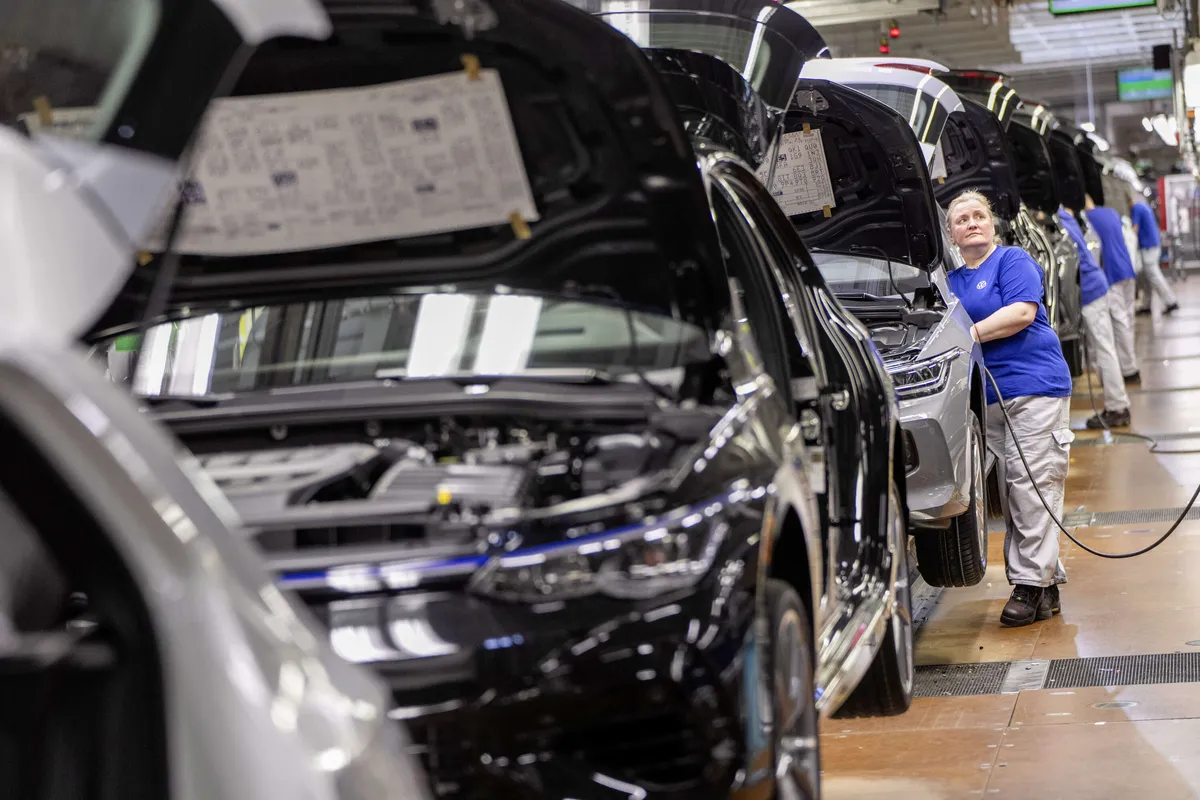“Sometimes it seems as if we are in the eye of a storm.”
Thus described Sigrid de Vries, CEO of Acea, which promotes the interests of the European automotive industry, in September.
It has happened since then.
Volkswagen has told that he is considering closing at least three factories in Germany, laying off tens of thousands of jobs and reducing wages by ten percent in general.
Audi is one of Germany’s most famous car brands will will eliminate thousands of jobs in Germany, but not in production.
American Ford cut Thousands of jobs in Europe. The most jobs will be lost in Germany, where around 2,900 are on the verge of layoffs.
The main reason for the massive cuts is probably the tighter electric car trade, when the Chinese are able to fill their domestic market and export affordable electric cars elsewhere.
But from the umbrella of the European automotive industry, Acea also appeals to the European Union.
It requires immediate action, which refers to the tightening emission restrictions facing car manufacturers next year. The concern is that due to the emission limitation, companies in the industry will have to pay billions in fines. The welfare organization hopes for flexibility in the restrictions.
When the distress call comes from Germany, it can be assumed that the future EU Commission will not be deaf to them. Or if there is, then the member countries, with Germany leading the way, will push for more flexibility. The several tens of thousands of redundancies, which take place in the heart of Europe, are guaranteed to cause political movement.
Germany’s potential new chancellor, also educated in business life, representing the Crisis Democrats Friedrich Merz one might ask whether the political guidance of a continent at war is sanctioning in nature or could it be enabling.
In a way, the transport industry SKAL asks the same thing on a small scale in Finland when it demands an explanation for cost pressures. Finland has a lot at stake because of the long distances and demanding climate. Ultimately, it’s about competitiveness and jobs.
